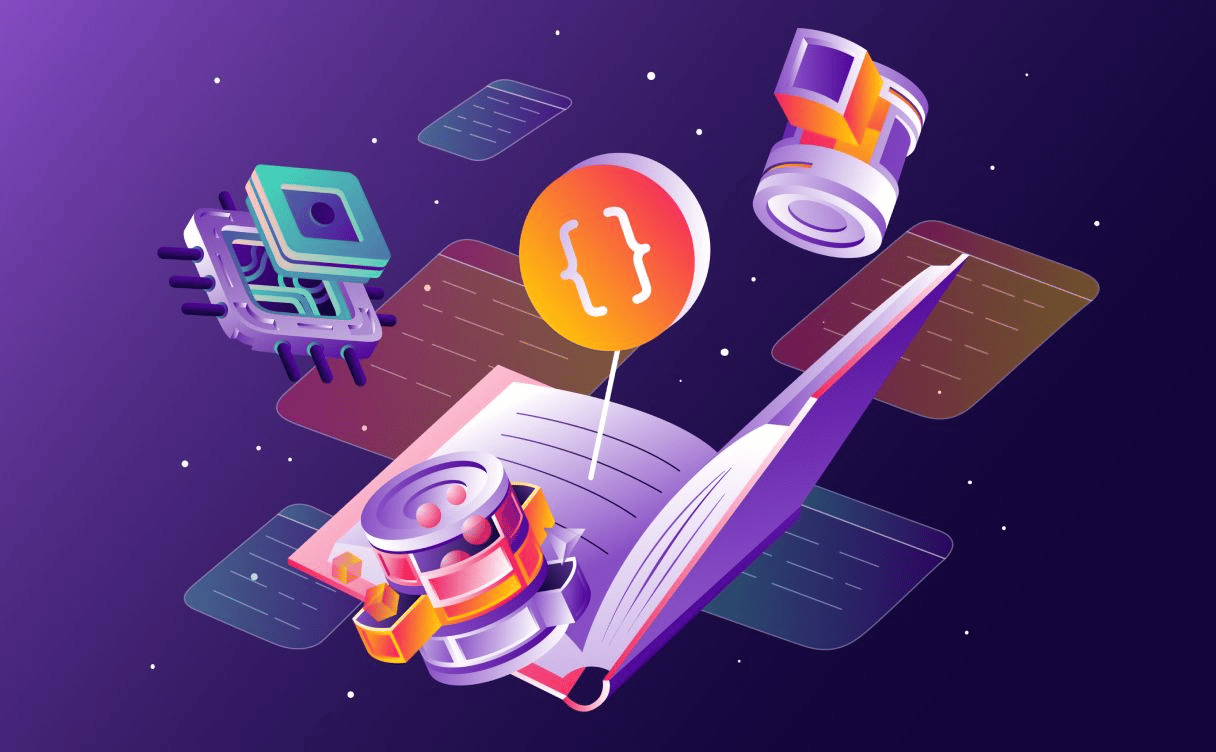
Is Developer Experience a must for startups to scale?
From all the experience I had working in startups or building them, one thing always came back: developer experience is crucial to success.

Romaric Philogène is the co-founder and CEO of Qovery. His mission and expertise on supporting every developer in being their own DevOps resonated with us. This is the first in a series of interviews with our world-class speakers, where they’ll be sharing key insights ahead of the CTO Forum. Join us and Europe’s top engineering leadership to discuss today’s key scaling challenges.
Romaric, over to you!
I am Romaric, the CEO & co-founder of Qovery - a platform used by more than 20,000 developers to deploy their apps in the cloud in just a few seconds. I used to work for more than 10 years as SRE and backend developer. I spent years helping build internal tools to make sure developers stay productive and ship value to the company they work for.
We differentiate ourselves by being a cloud company that doesn’t own any infrastructure. We don’t sell hardware; we sell experience. A layer of abstraction for developers who want to choose their cloud freely. So we rely on other cloud providers, and we add a home-built layer on top of it.
Developer experience, also known as DX, is what differentiates us the most in our industry. I am convinced that companies building products for developers have to fit entirely into their ecosystem and be close to how developers work.
Expanding their scope so they can do more instead of changing the way they work and their habits is crucial. This is the whole purpose of Developer Experience, which is at the core of everything we do.
Our clients are worldwide: France, China, Australia, Thailand, South Africa, USA, etc. Yet we noticed developers' habits are homogeneous. We all use git and have the same methodology: we speak the same tech language. Development-wise, we work the same way. Developer experience helped us scale internationally.
Fifteen years ago, hardware was at the center of infrastructure; then, the cloud revolutionized that. Now, hardware is a commodity and what matters is the software on top of it.
The third cloud generation will be all about developer experience, and infrastructure builders will allow any developers to enjoy what the cloud has to offer, with no prerequisite knowledge required.
We don’t need to be on a cluster to plug the cables in anymore. We have Terraform, APIs, and so on. This evolution is unprecedented, and many people who have never worked like we used to don’t realize how much everything has changed in just a decade—the very definition of infrastructure is evolving too.
Today, you can build a redundant infrastructure on multi-AZ in every continent with just a few clicks on your console. Back then, you would have to call data centers, sign contracts locking you in for years, pay a lot in advance, and handle networks. It’s just a few clicks today. That gives so much power to builders.
We don’t have to handle restraint, and the bandwidth is infinite. It’s so well managed that it’s not even a debate today.
Testing a POC, putting it in production, and scaling it was a whole different story. Developers don’t need to know what a WAF or a CDN is to test their POC. They don’t have to wonder which protocol to use. You state what you want, and you got it, like lego bricks you assemble. This is liberating: you can focus on your value and not its implementation. This is a complete paradigm switch that has happened in just a few years. Every developer is starting to be able to be their own DevOps.
Which means the question now is: what can we do to go even faster? How can we allow developers to build, even with no infrastructure knowledge? That will be the third wave.
They are two aspects to consider when we talk about open-source.
The first is on the community aspect. We use Kotlin, Go, Rust, React, Kubernetes, and so many open-source components. We have to contribute and give back to the community. 80% of Qovery is open source, and we will keep opening our codebase to all developers in the future.
The second aspect is due to the infrastructure industry. Our users installed Qovery on their cloud accounts. We do have access to a large amount of their technical stack. Since we manage a part of their infrastructure, we need their trust and show that we have built our solution in a very secure way. The best way to show that we are secure and safe for them is to give them the ability to inspect every single line of code. Plus, our users are also contributors and suggest great improvements which are beneficial for all our users. It’s the power of open source and smart collaboration.
I can also mention Replibyte, an open-source project (MIT License) that we have initiated at Qovery and which is used by many developers and great companies like Flock Freight (+500 employees and $215m raised), that helps developers to seed their development database with real data. In less than a month, we received dozens of contributions and 900+ GitHub stars. We believe in open-source, and we will keep contributing to the open-source ecosystem for a long time.
If I had to recommend open-source tools, I’ll recommend Meilisearch (search engine), Strapi (headless CMS), and Medusa (alternative to Shopify). I love the way they built their communities and how they strive for open-source.
European startup ecosystem needs more mutual support between startups. We often talk about the European ecosystem as a uniform whole, but it isn’t. Europe is a continent that’s rich in different cultures and languages, which only makes it more complex to achieve uniformisation in our ecosystem. Fortunately, tech lowers the barriers you may find in other industries.
The ecosystem gets better every year: our talents are exceptional. In theory, based on talent alone, it could be enough to lead the world in terms of tech and innovation. What is missing from the European startup ecosystem in order to grow is mutual support between startups.
We have a cultural bias here whereby if one wins, the other loses. This is false.
And it is incredibly inaccurate in the tech startup ecosystem: everybody can succeed together. It gets better and better every year, though. I’m excited to be part of that.

From all the experience I had working in startups or building them, one thing always came back: developer experience is crucial to success.

As we were building Scaleway's Console, we kept recreating the same components. So we decided to gather all of those components into a library. That's how Scaleway UI was born.

In order to help find areas of iteration and challenge yourself, Eiso Kant created 8 mental models for engineers. Learn how to evaluate yourself in this article.